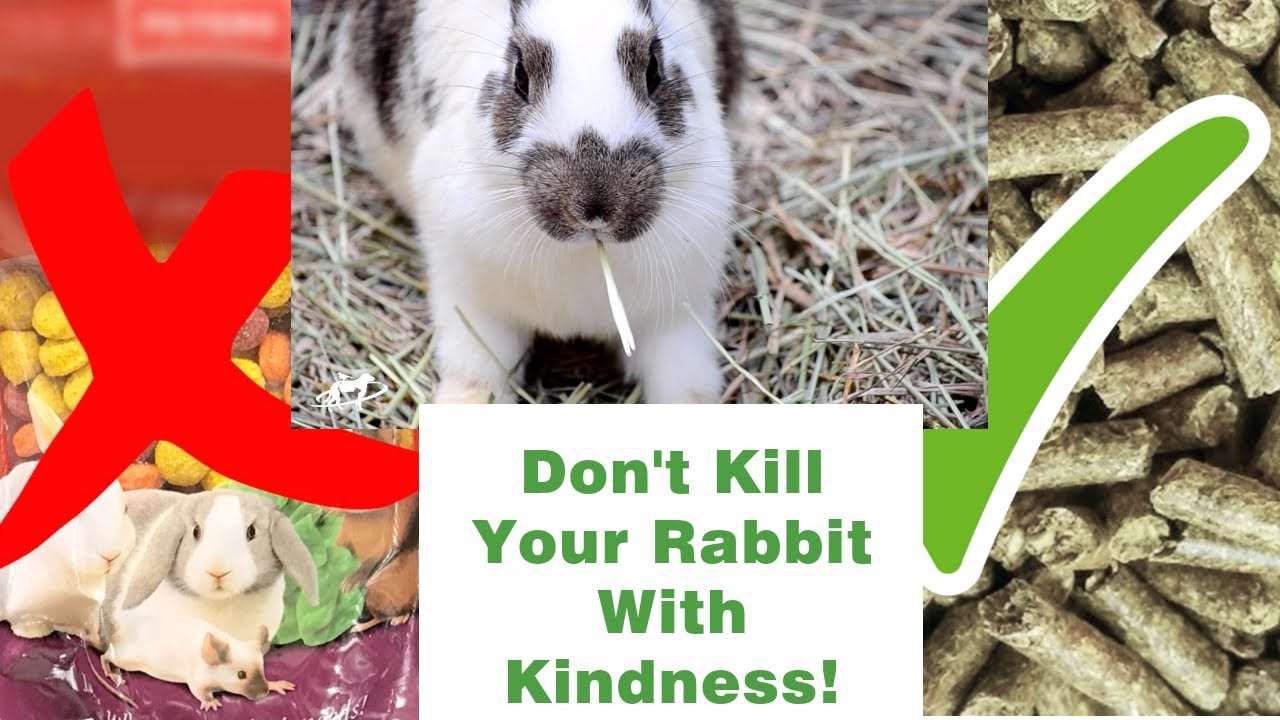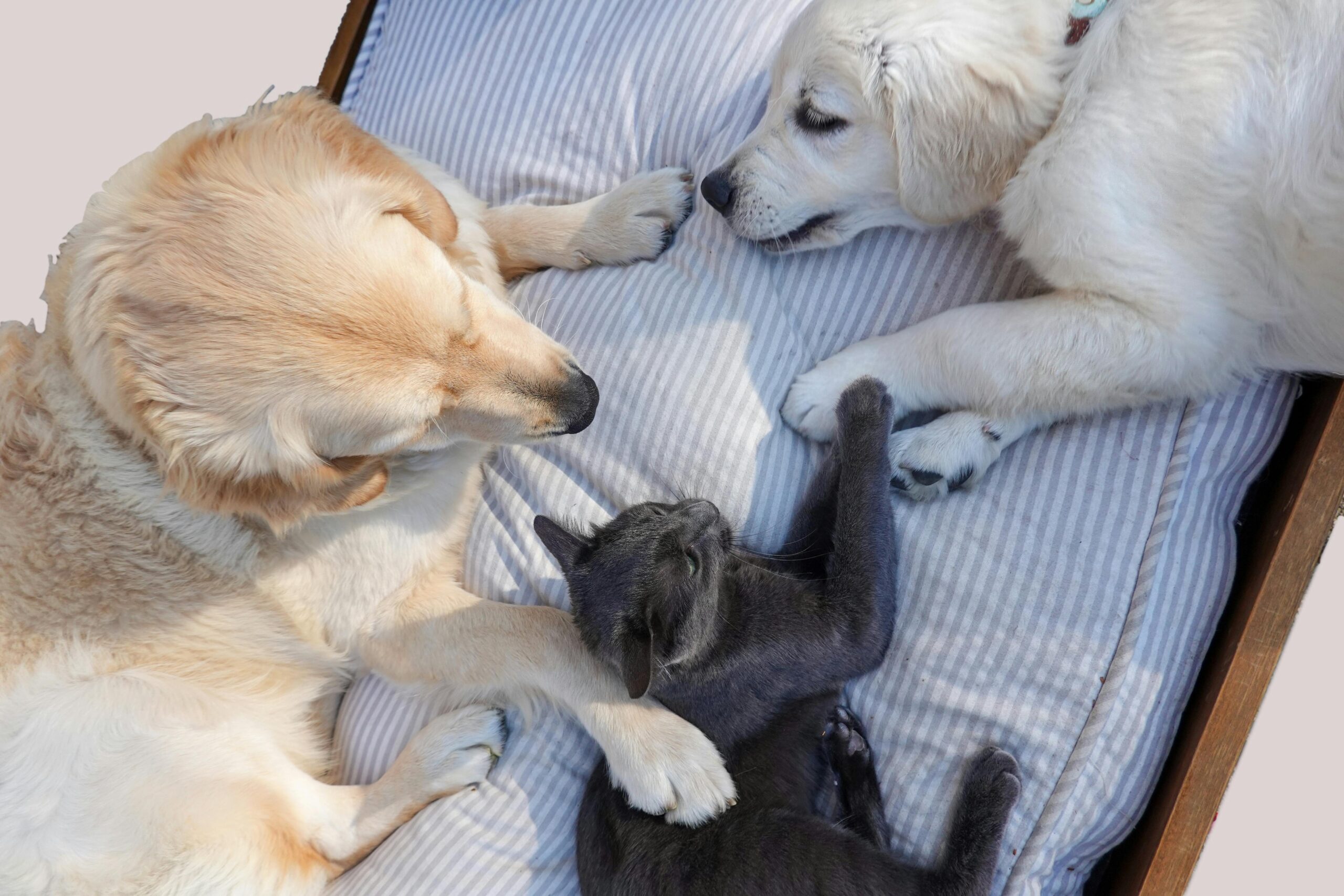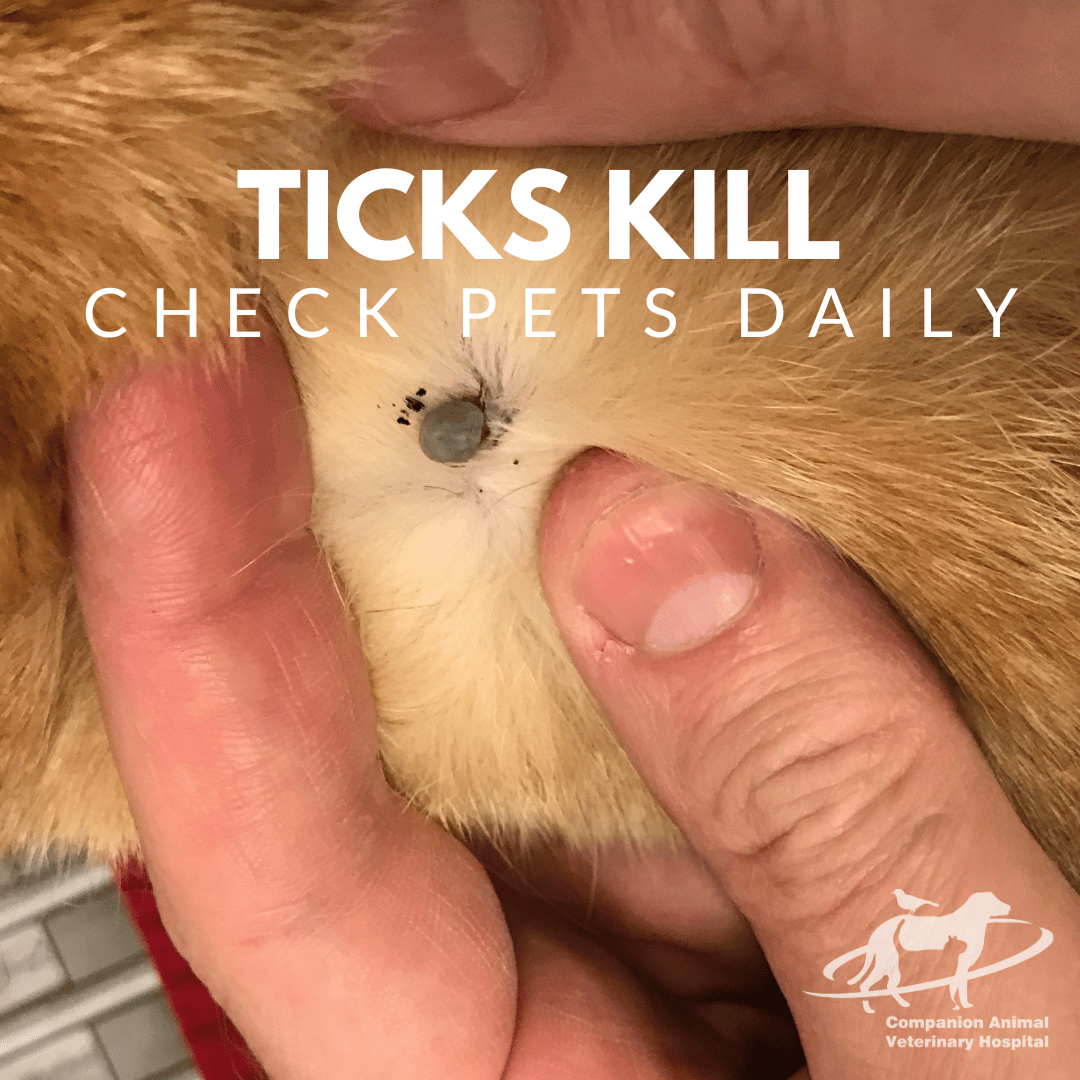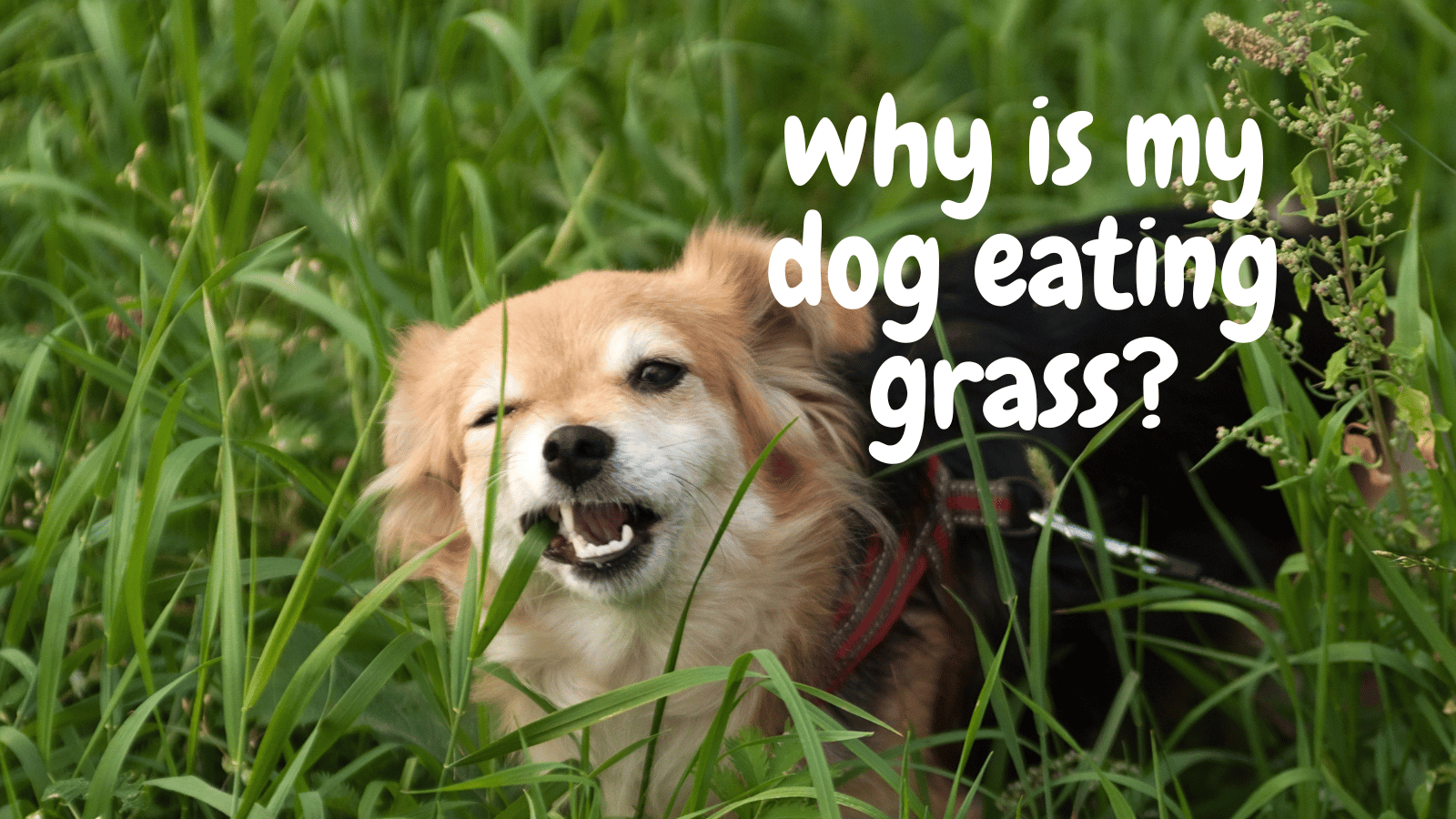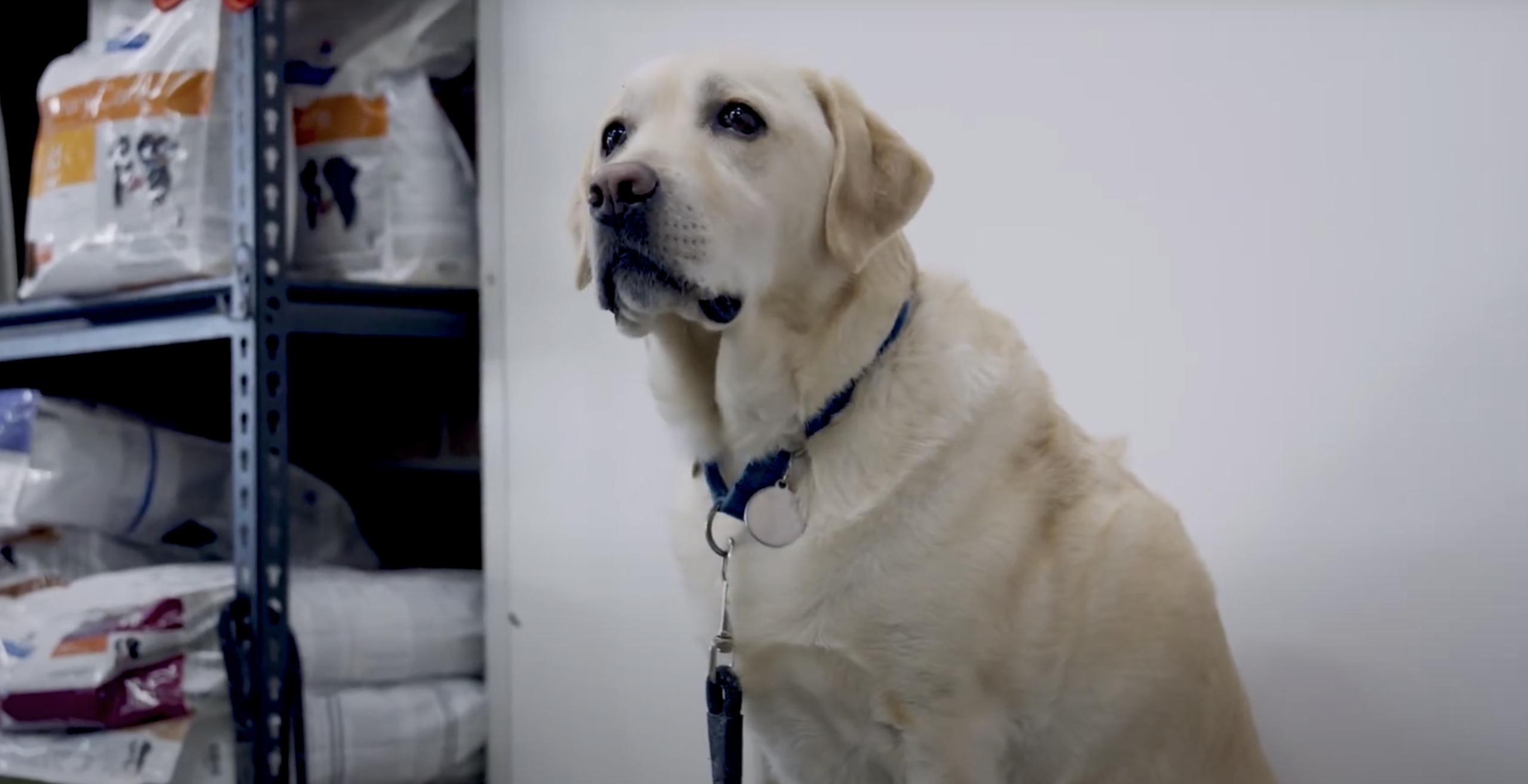Hello, family pet lovers! I’m Matt Young from Companion Animal Veterinary Hospital, and today in our Ask The Vet series, we’re tackling a crucial aspect of rabbit care – their diet. Surprisingly, many commercially available rabbit foods are equivalent to junk food, which can lead to significant health issues in rabbits.
The Problem with Commercial Rabbit Foods
Most commercial rabbit foods are high in grains, which means they’re high in sugar and protein but low in fiber. These foods are often designed for meat rabbits that farmers want to grow quickly, not considering their long-term dental and gut health. For pet rabbits, whose health and longevity we value, these diets are unsuitable.
Understanding Rabbits’ Dietary Needs
Rabbits have evolved to survive on poor-quality food. In the wild, their natural diet consists mainly of grass, which is often dry and brown. This diet is high in fiber, which is crucial for rabbits’ gut health. Rabbits have a well-developed hindgut designed to extract nutrients from grass, making fiber a vital component of their diet.
The Ideal Rabbit Diet: Grass and Hay
The best diet for rabbits is simple: grass, grass, and more grass. When grass isn’t available, grass hay is the next best option. Hay is essentially pasture that’s been cut and dried, and it’s an excellent source of fiber for rabbits.
How to Choose Good Rabbit Pellets
While fresh grass or hay should be the mainstay of a rabbit’s diet, there are situations where pellets can be used as a supplement, especially for rabbits with dental problems. Here’s how to choose good quality rabbit pellets:
- Grain Visibility: If you can see grains in the pellets, they’re not suitable.
- Fiber Content: Check the packet for fiber content, which should be between 25 to 30 percent.
- Color: Opt for pellets with bland colors. Brightly colored food is a red flag.
- Brand: Choose reputable brands like Oxbow, known for high-fiber rabbit foods.
Making the Switch
If you’re currently feeding your rabbit a low-quality diet, it’s time to make a change. Replace it with a high-quality, high-fiber food like Oxbow, which you can find on our website (link in the description).
Conclusion
A proper diet is essential for your rabbit’s health. High-fiber grass or hay should be the bulk of their diet, supplemented with high-quality pellets when necessary. Avoid commercial rabbit foods that are essentially junk food, as they can lead to obesity, dental disease, and gut problems.
We’re here to provide you with the latest information and best practices for caring for your family pet.
Stay informed and take good care of your furry friends!
Cheers, Matt
